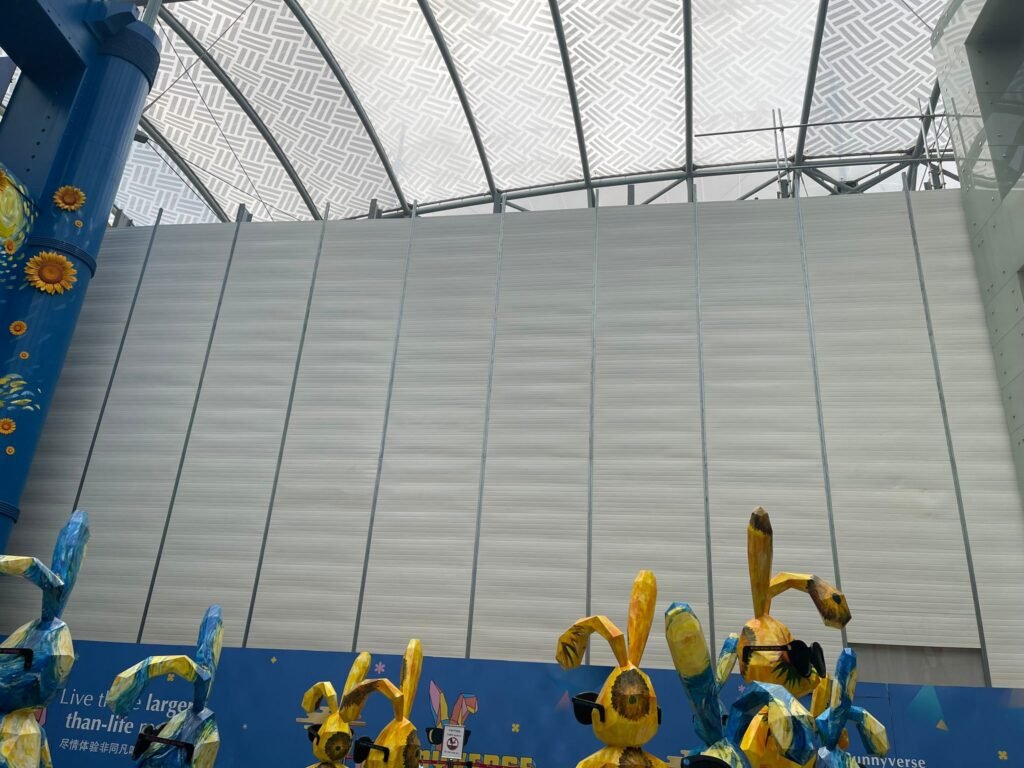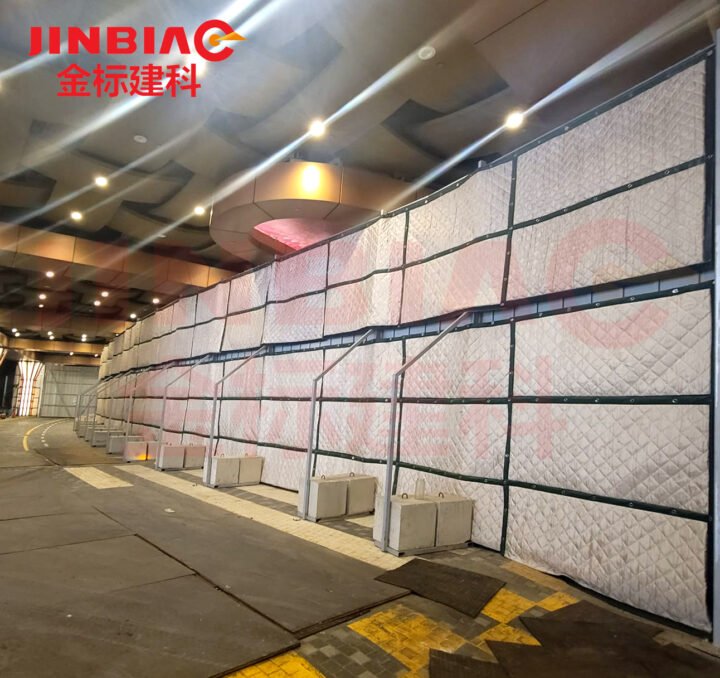
Living near a high-noise area can be more than just an annoyance. It can significantly impact property values and well-being. In residential real estate, peace and quiet are luxuries that often come with high price tags, but advancements in sound barrier technology are redefining the market.
If you’re a prospective home buyer, a sound engineer, or a shrewd investor, understanding the influence of sound barriers is essential. Below, we’ll explore the multifaceted relationship between sound barriers and property values, shedding light on why this topic is more than just noise.
Introduction: The Value of Silence
The soundscape of a neighbourhood is an integral part of its appeal. For urban dwellings adjacent to highways, airports, or industrial zones, the incessant hum of activity can be a constant intrusion.
Sound barriers, traditionally associated with safety on highways, are being recognised for their potential to shape residential real estate markets. The correlation between noise levels and property values is critical for those looking to make a sound investment in their home.
Noise Pollution and Property Values
Studies consistently show that excessive noise has a direct, negative impact on property values.
The World Health Organisation has linked long-term high noise exposure to health risks such as sleep disturbance, cardiovascular diseases, and even cognitive impairment in children. For homeowners, this means reduced quality of life and for investors, it signals property devaluation.
The economic narrative is compelling. Residences in quieter locales typically command premiums of up to 25% compared to those in noisy areas. The appeal of tranquillity influences not only selling prices but also rental income and occupancy rates.
Types of Sound Barriers
To combat the devaluation that accompanies noise pollution, various types of sound barriers can be employed. Understanding your options is the first step toward reclaiming serene living spaces and bolstering property values.
- Physical Barriers: These are visible structures like noise walls, berms, and fencing designed to deflect or absorb sound. They’re often required by city planning regulations near high-noise zones but also serve as visual and auditory deterrents.
- Soundproofing Materials: This includes the acoustic insulation within the building, double-glazed windows, and treatments that muffle sound within the properties themselves.
- Natural Barriers: Landscaping with dense foliage, earth mounds, and water features can act as natural sound barriers, especially when integrated with physical or structural features.
- Virtual Barriers: As technology advances, so do the possibilities for virtual sound barriers. These can include noise-cancelling devices and special windows that maintain outdoor views while blocking sound.
Cost vs. Value
Property owners and investors often weigh the costs of sound barriers against potential value enhancements. The investment in high-quality sound barrier Singapore, for example, can be substantial, but it’s important to view this expenditure as a long-term asset that not only supports current property valuations but also those of future market trends.
The general rule is that every dollar spent on sound abatement within a property can yield a three-fold return in terms of value increase. For large-scale public investments such as urban noise barrier projects, the ROI is more challenging to quantify but is visible through community satisfaction and market growth.
Future of Sound Barrier Technology
Advancements in materials science, acoustics, and urban planning are shaping the futurescape of sound barriers. Innovations like meta-materials that bend sound waves, active noise control systems, and “smart” walls that adapt to varying noise levels offer promising avenues for real estate integration.
The trend towards more innovative, aesthetic, and multifunctional sound barriers is clear, with a focus on creating integrated solutions that improve not only acoustic comfort but also overall environmental quality.
Conclusion and Recommendations
Understanding the interplay between sound barriers and property values is crucial for stakeholders in the real estate market. For homeowners, the installation of soundproofing materials can preserve tranquillity and investment value. Investors can find opportunities in markets that are strategically integrating sound barriers to offer competitive advantages.
To stay ahead, keep a pulse on zoning regulations and urban planning that affect noise mitigation strategies. Engage with professionals who specialise in sound engineering and real estate development to optimise your sound barrier solutions.
In a world where silence is a precious commodity, the right sound barriers can do more than dampen noise; they can enhance living spaces and unlock hidden property value. Whether you’re looking to buy, sell, or develop property, the sound you don’t hear could very well be the sweet sound of a successful real estate transaction.
Hebei Jinbiao is a leading company in Noise Barrier products and Fencing products in Singapore. We guarantee to provide you with the most high-quality Sound Barrier and Fencing products along with our dedicated assistance. Do not hesitate to contact us. We are looking forward to helping you solve your noise issues, safety issues and protecting you from noise pollution as well as ensuring your safety.

